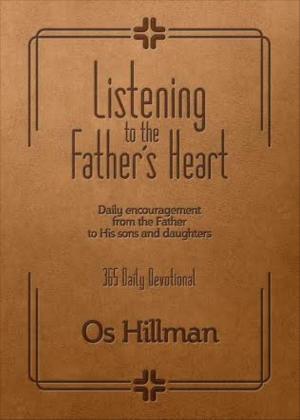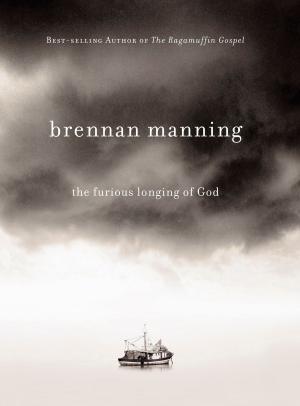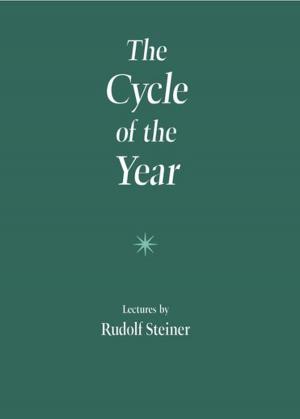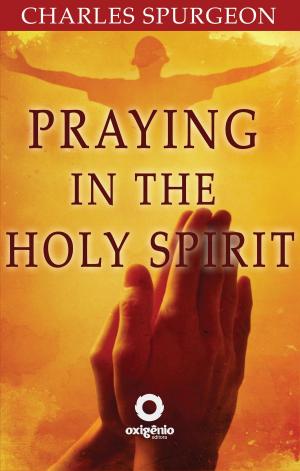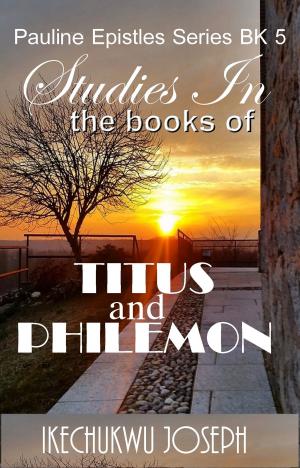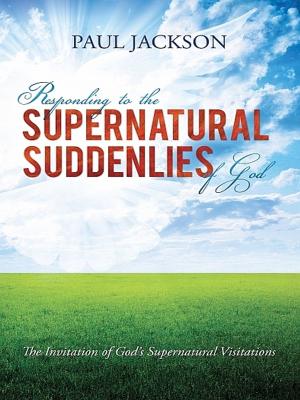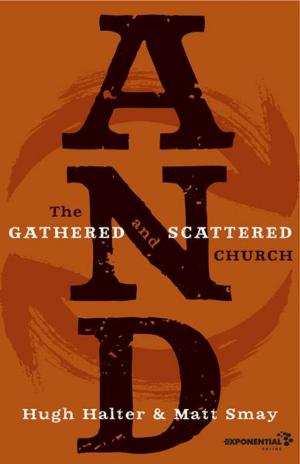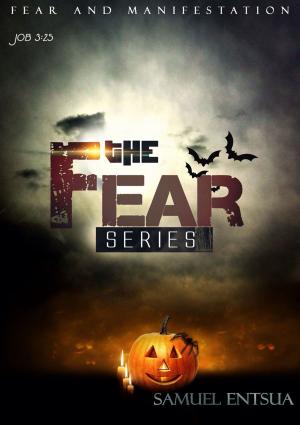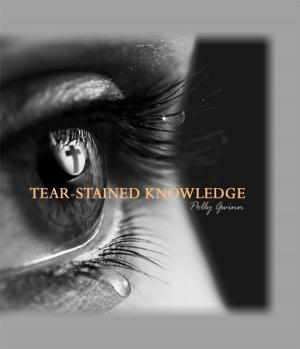| Author: | Clinton LeFort | ISBN: | 9781311814920 |
| Publisher: | Clinton LeFort | Publication: | July 24, 2015 |
| Imprint: | Smashwords Edition | Language: | English |
| Author: | Clinton LeFort |
| ISBN: | 9781311814920 |
| Publisher: | Clinton LeFort |
| Publication: | July 24, 2015 |
| Imprint: | Smashwords Edition |
| Language: | English |
Supernatural Faith and First Truth looks at the many ways in which we encounter supernatural faith in our spiritual journey. Among the many topics covered are questions and answers regarding first truth, teh relationship between God and his creatures, St. Augustine on Faith, the work of God in our life, freedom and grace, and many others.
First Truth
St. Thomas Aquinas, in his disputations on truth, De Veritate, asks in Q. 14, art. 8 ‘Is First Truth the Proper Object of Faith?’
It must be noted at the beginning the concern of St. Thomas was supernatural faith; that is,
"the substance of things to be hoped for and the evidence of things that appear not." (Heb. 1:1)
First, St. Thomas lists several difficulties in answering the question. St. Thomas lists sixteen different difficulties and in his Answers to the Difficulties he answers each one individually. Let us draw our attention to the first difficulty.
"Faith is explained in the Creed. But in the creed there are included many things which refer to creatures. Therefore, first truth is not the only object of faith." (Aquinas & McGlynn, "On Truth, Q.14, 242)
God & Creatures
The concern here is distinguishing between the creature as seen thru faith and the creature itself. Secondly, Aquinas distinguishes understanding natural things thru reason and thru supernatural faith. The Vatican Council taught that many can find God's traces in creation thru unaided reason. For example, the scriptures say "the invisible things of God are clearly seen thru the things he has made." This argument represents the rational argument for the existence of God in nature. For example, his being, unity, and other attributes. However, St. Thomas refers to the Creed, which contains the articles of faith and those specific truths all Catholics are to believe as divinely revealed. When referring to the Creed we are speaking about divinely revealed truths. These truths, explicated in the articles of the Creed are grounded in the Divine revelation of God. St. Peter says of Divine Revelation:
"Know this first of all, that there is no prophecy of scripture that is a matter of personal interpretation, for no prophecy ever came through human will; but rather human beings moved by the holy Spirit spoke under the influence of God" (2 Pet. 1:20-21)
Supernatural Faith and First Truth looks at the many ways in which we encounter supernatural faith in our spiritual journey. Among the many topics covered are questions and answers regarding first truth, teh relationship between God and his creatures, St. Augustine on Faith, the work of God in our life, freedom and grace, and many others.
First Truth
St. Thomas Aquinas, in his disputations on truth, De Veritate, asks in Q. 14, art. 8 ‘Is First Truth the Proper Object of Faith?’
It must be noted at the beginning the concern of St. Thomas was supernatural faith; that is,
"the substance of things to be hoped for and the evidence of things that appear not." (Heb. 1:1)
First, St. Thomas lists several difficulties in answering the question. St. Thomas lists sixteen different difficulties and in his Answers to the Difficulties he answers each one individually. Let us draw our attention to the first difficulty.
"Faith is explained in the Creed. But in the creed there are included many things which refer to creatures. Therefore, first truth is not the only object of faith." (Aquinas & McGlynn, "On Truth, Q.14, 242)
God & Creatures
The concern here is distinguishing between the creature as seen thru faith and the creature itself. Secondly, Aquinas distinguishes understanding natural things thru reason and thru supernatural faith. The Vatican Council taught that many can find God's traces in creation thru unaided reason. For example, the scriptures say "the invisible things of God are clearly seen thru the things he has made." This argument represents the rational argument for the existence of God in nature. For example, his being, unity, and other attributes. However, St. Thomas refers to the Creed, which contains the articles of faith and those specific truths all Catholics are to believe as divinely revealed. When referring to the Creed we are speaking about divinely revealed truths. These truths, explicated in the articles of the Creed are grounded in the Divine revelation of God. St. Peter says of Divine Revelation:
"Know this first of all, that there is no prophecy of scripture that is a matter of personal interpretation, for no prophecy ever came through human will; but rather human beings moved by the holy Spirit spoke under the influence of God" (2 Pet. 1:20-21)


